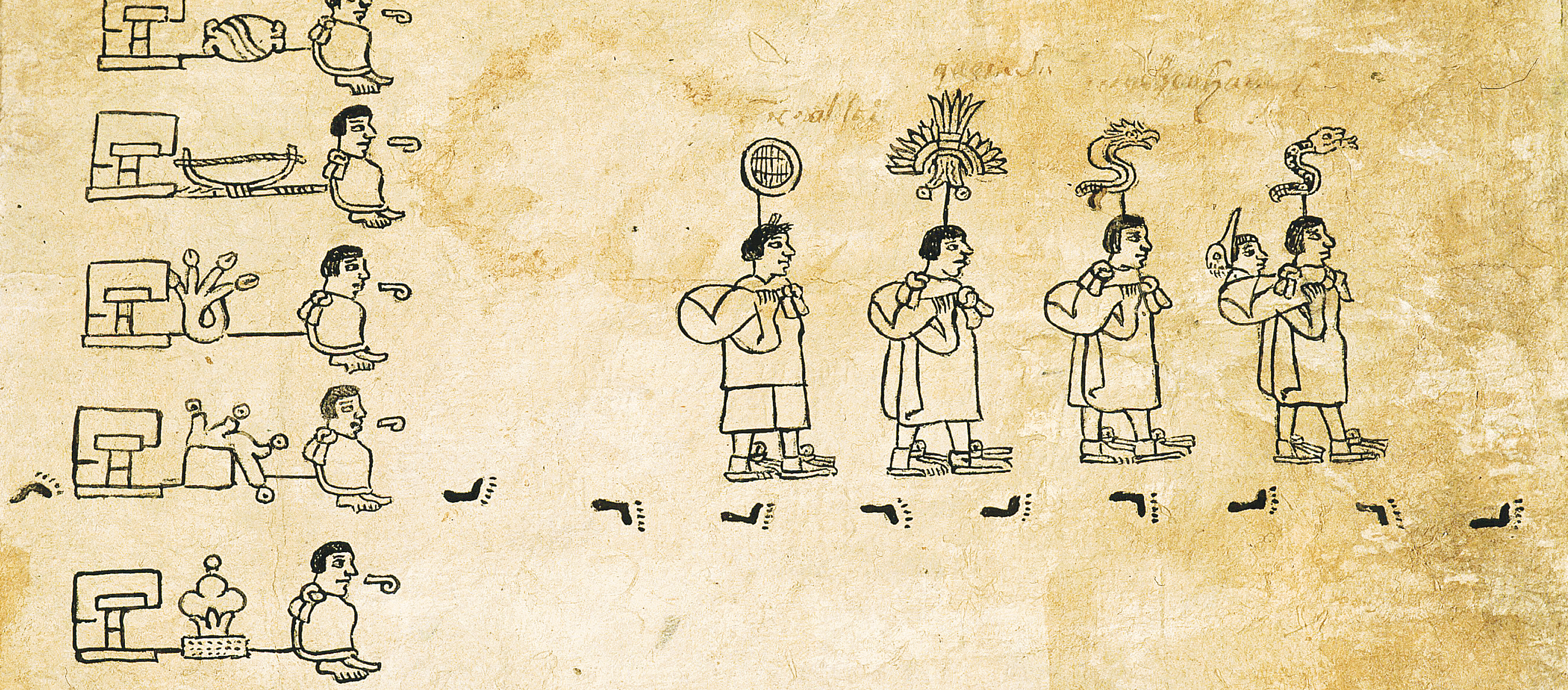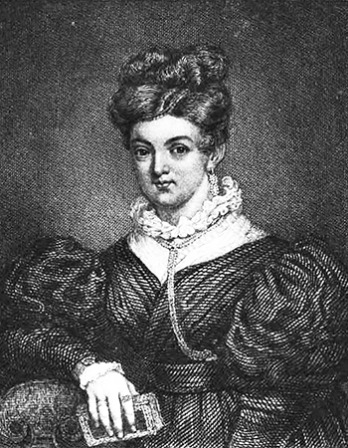Today I made the ascent of the highest mountain in this region, which is not improperly called Ventosum. My only motive was the wish to see what so great an elevation had to offer.
When I came to look about for a companion, I found, strangely enough, that hardly one among my friends seemed suitable—so rarely do we meet with just the right combination of personal tastes and characteristics, even among those who are dearest to us. This one was too apathetic, that one overanxious; this one too slow, that one too hasty; one was too sad, another over cheerful; one more simple, another more sagacious than I desired. I feared this one’s taciturnity and that one’s loquacity. The heavy deliberation of some repelled me as much as the lean incapacity of others. I rejected those who were likely to irritate me by a cold want of interest, as well as those who might weary me by their excessive enthusiasm. Such defects, however grave, could be borne with at home, for charity suffers all things, and friendship accepts any burden—but it is quite otherwise on a journey, where every weakness becomes much more serious. So, as I was bent upon pleasure and anxious that my enjoyment should be unalloyed, I looked about me with unusual care, balanced against one another the various characteristics of my friends, and without committing any breach of friendship I silently condemned every trait which might prove disagreeable on the way. And—would you believe it?—I finally turned homeward for aid and proposed the ascent to my only brother, who is younger than me. He was delighted and gratified beyond measure by the thought of holding the place of a friend as well as of a brother.
At the time fixed we left the house, and by evening reached Malaucène, which lies at the foot of the mountain, to the north. Having rested there a day, we finally made the ascent this morning, with no companions except two servants—and a most difficult task it was. The mountain is a very steep and almost inaccessible mass of stony soil. But, as the poet has well said, “Remorseless toil conquers all.” It was a long day, the air fine. We enjoyed the advantages of vigor of mind and strength and agility of body, and everything else essential to those engaged in such an undertaking, and so had no other difficulties to face than those of the region itself. We found an old shepherd in one of the mountain dales, who tried at great length to dissuade us from the ascent, saying that some fifty years before he had, in the same ardor of youth, reached the summit, but had gotten for his pains nothing except fatigue and regret, and clothes and body torn by the rocks and briars. No one, so far as he or his companions knew, had ever tried the ascent before or after him. But his counsels increased rather than diminished our desire to proceed, since youth is suspicious of warnings. So the old man, finding that his efforts were in vain, went a little way with us, and pointed out a rough path among the rocks, uttering many admonitions which he continued to send after us even after we had left him behind. Surrendering to him all such garments or other possessions as might prove burdensome to us, we made ready for the ascent, and started off at a good pace. But, as usually happens, fatigue quickly followed upon our excessive exertion, and we soon came to a halt at the top of a certain cliff. Upon starting on again we went more slowly, and I especially advanced along the rocky way with a more deliberate step. While my brother chose a direct path straight up the ridge, I weakly took an easier one which really descended. When I was called back, and the right road was shown me, I replied that I hoped to find a better way round on the other side, and that I did not mind going farther if the path were only less steep. This was just an excuse for my laziness, and when the others had already reached a considerable height I was still wandering in the valleys. I had failed to find an easier path and had only increased the distance and difficulty of the ascent. At last I became disgusted with the intricate way I had chosen and resolved to ascend without more ado. When I reached my brother, who, while waiting for me, had had ample opportunity for rest, I was tired and irritated. We walked along together for a time, but hardly had we passed the first spur, when I forgot about the circuitous route which I had just tried and took a lower one again. Once more I followed an easy, roundabout path through winding valleys, only to find myself soon in my old difficulty. I was simply trying to avoid the exertion of the ascent, but no human ingenuity can alter the nature of things or cause anything to reach a height by going down. Suffice it to say that, much to my vexation and my brother’s amusement, I made this same mistake three times or more during a few hours.

Aztecs’ long march, from the Boturini Codex, c. 1540. National Museum of Anthropology, Mexico City, Mexico.
After being frequently misled in this way, I finally sat down in a valley and transferred my winged thoughts from things corporeal to the immaterial, addressing myself as follows: “What you have repeatedly experienced today in the ascent of this mountain, happens to you, as to many, in the journey toward the blessed life. But this is not so readily perceived by men, since the motions of the body are obvious and external, while those of the soul are invisible and hidden. Yes, the life which we call blessed is to be sought for on a high eminence, and straight is the way that leads to it. Many also are the hills that lie between, and we must ascend by a glorious stairway from strength to strength. At the top is at once the end of our struggles and the goal for which we are bound. All wish to reach this goal, but as Ovid says, ‘To wish is little; we must long with the utmost eagerness to gain our end.’ You certainly do ardently desire, as well as simply wish, unless you deceive youself in this matter, as in so many others. What, then, holds you back? Nothing, assuredly, except that you would take a path which seems, at first thought, more easy, leading through low and worldly pleasures. But nevertheless in the end, after long wanderings, you must perforce either climb the steeper path, under the burden of tasks foolishly deferred, to its blessed culmination, or lie down in the valley of thy sins, and (I shudder to think of it!), if the shadow of death overtakes you, spend an eternal night amid constant torments.”
These thoughts stimulated both body and mind in a wonderful degree for facing the difficulties which yet remained. Oh, that I might traverse in spirit that other road for which I long day and night, even as today I overcame material obstacles by my bodily exertions! And I know not why it should not be far easier, since the swift immortal soul can reach its goal in the twinkling of an eye, without passing through space, while my progress today was necessarily slow, dependent as I was upon a failing body weighed down by heavy members.
One peak of the mountain, the highest of all, the country people call “Sonny”—why, I do not know, unless by antiphrasis, as I have sometimes suspected in other instances; for the peak in question would seem to be the father of all the surrounding ones. On its top is a little level place, and here we could at last rest our tired bodies.
From “The Ascent of Mount Ventoux.” The humanist scholar and poet in the 1330s traveled throughout France, Flanders, Brabant, and the Rhineland, meeting with other learned men and discovering works by St. Augustine and Cicero. For his ascent of Mount Ventoux, Petrarch is often credited as the father of modern Alpinism.
Back to Issue






